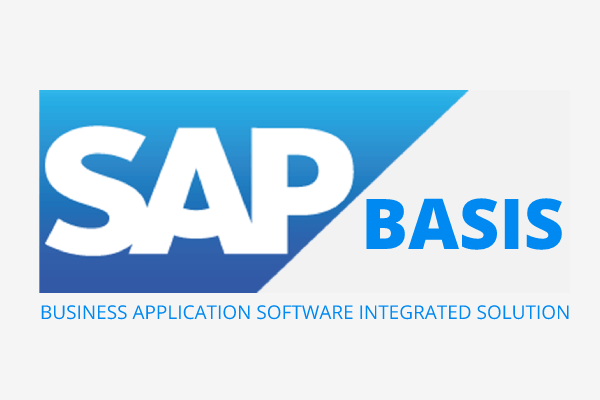

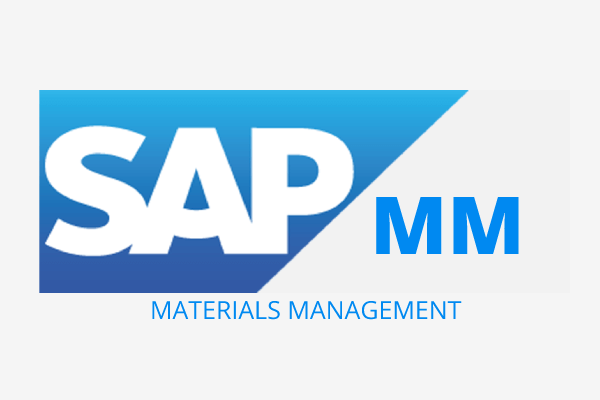
SAP MM, or SAP Materials Management, is a core module within SAP ERP that manages a company's material procurement, inventory, and warehouse operations. It ensures materials are available when needed, streamlining the procurement process and maintaining optimal inventory levels.
Supply Chain Planning
Supply Chain Execution
Supply Chain Monitoring & Collaboration
Improved Efficiency
Reduced Cost
Increased Customer Satisfaction
Better Visibility
Enhanced Collaboration
SAP Sales and Distribution (SD) is a module within SAP's ERP system that manages the entire sales and distribution process, from taking customer orders to delivering goods and invoicing. It's a core component of the order-to-cash cycle and integrates with other modules like Materials Management (MM) and Production Planning (PP).
Sales Order Processing
Pricing and Conditions
Delivery Processing
Billing
Credit Management
Transportation and Shipment
Sales Information System
Foreign Trade
Sales Support
Improved Sales Performance
Reduced Costs
Enhanced Customer Service
Better Data Management
Materials Management
Production Planning
Financial Accounting
Controlling
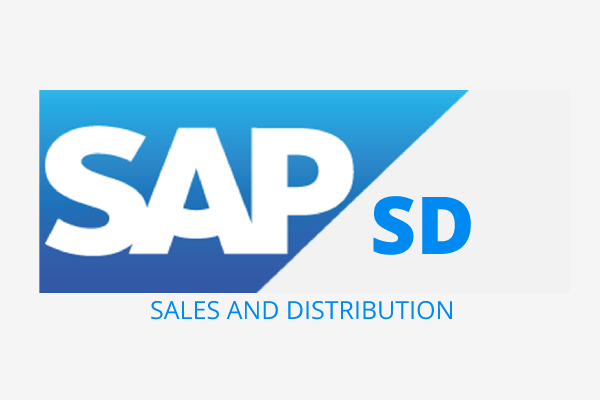
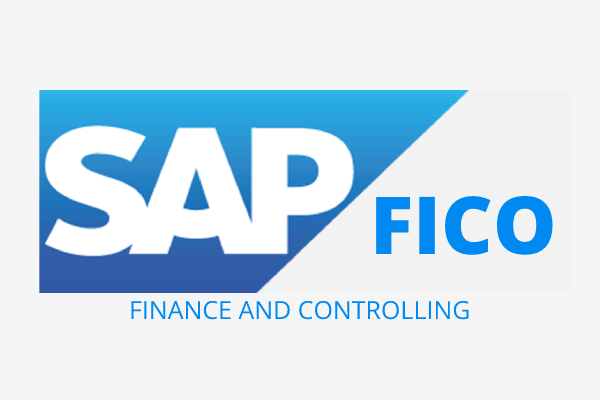
SAP FICO (Finance and Controlling) is a core module in SAP ERP that manages an organization's financial data, generates financial statements, and analyzes reports. It comprises two main sub-modules: Financial Accounting (FI) and Controlling (CO). FI focuses on external reporting and accounting compliance, while CO focuses on internal cost management and decision-making.
SAP FI (Financial Accounting)
SAP CO (Controlling)
Sub-modules within FI
General Ledger
Accounts Payable
Accounts Receivable
Asset Accounting
Bank Accounting
Sub-modules within CO
Cost Center Accounting
Internal Orders
SAP FICO integrates with other SAP modules, such as SAP MM (Materials Management) and SAP SD (Sales and Distribution), to provide a comprehensive view of an organization's financial data.
SAP SuccessFactors is a cloud-based Human Capital Management (HCM) suite that helps organizations manage their workforce across various aspects, including HR, talent management, and analytics. It provides solutions for core HR, payroll, talent acquisition, performance management, learning, and analytics. Essentially, it's a comprehensive platform designed to streamline HR processes, enhance employee engagement, and drive better business outcomes.
Core HR and Payroll
Talent Management
HR Analytics and Workforce Planning
Employee Experience Management
Sales Performance Management
AI-powered capabilities
Improved HR Efficiency
Enhanced Employee Engagement
Data-Driven Decision Making
Increased Productivity
Scalability and Flexibility
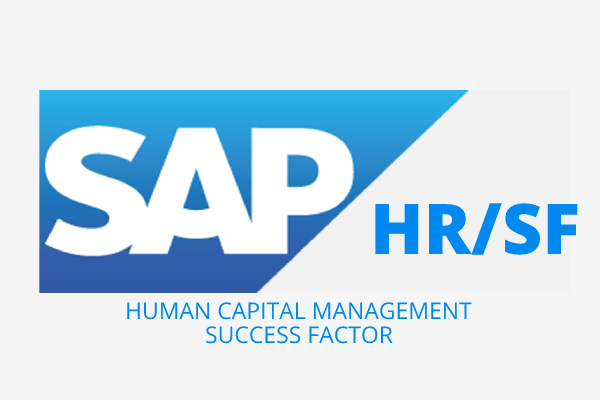
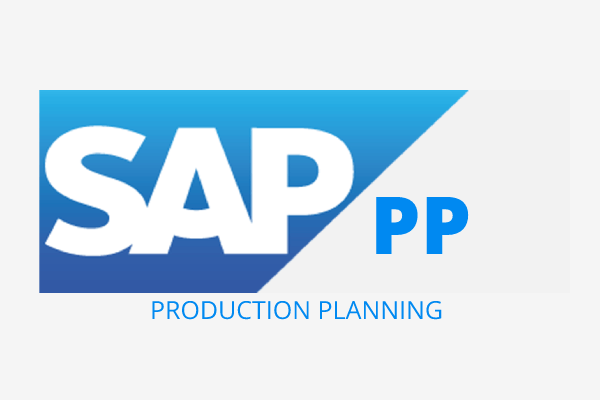
SAP PP, or SAP Production Planning, is a key module within the SAP ERP system that focuses on managing and optimizing industrial production processes. It enables businesses to plan and control their manufacturing operations, from material requirements planning to capacity planning and production order management.
Material Requirements Planning
Capacity Planning
Production Orders
Bill of Materials
Master Production Scheduling
Work Center Routing
Integration with other SAP modules
Improved Production Planning and Scheduling
Better Material Management
Enhanced Capacity Planning
Increased Transparency and Control
Cost Optimization
SAP SCM (Supply Chain Management) is a set of modules within SAP ERP that help businesses manage their supply chain processes, from demand planning to execution and monitoring. It integrates various business activities into a single platform, facilitating better planning, execution, and monitoring of the supply chain.
Demand Planning
Supply Chain Planning
Production Planning
Inventory Management
Warehouse Management
Transportation Management
Collaboration
Procure-to-Pay
Contract Compliance
Supply Chain Networking
Improved Efficiency and Productivity
Better Visibility and Control
Reduced Costs
Enhanced Customer Satisfaction
Increased Resilience
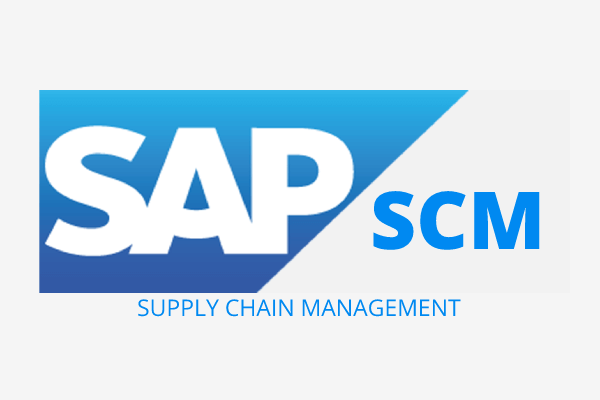
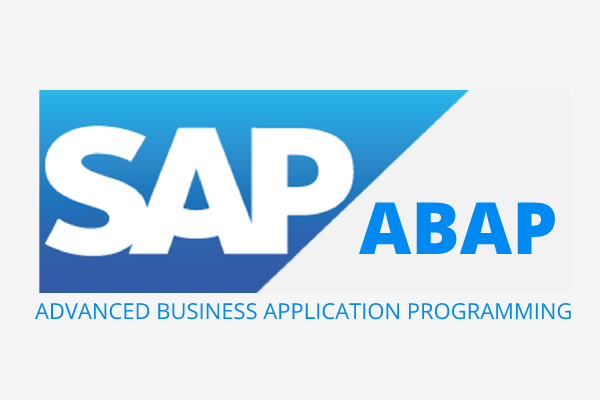
In the context of SAP, an ABAP module refers to a code block within an ABAP program, specifically a function module or a dialog module. Function modules are reusable code blocks used for various SAP functionalities, while dialog modules handle interactions with the user interface in ABAP programs, according to SAP Help Portal.
SAP ABAP (Advanced Business Application Programming): ABAP is the primary programming language for SAP. ABAP developers create custom reports, interfaces, enhancements, and workflows within the SAP system. They work on the technical customization of SAP applications to meet specific business requirements.
In the context of SAP ABAP, "RICEFW" is an acronym that stands for Reports, Interfaces, Conversions, Enhancements, Forms, and Webdynpro. It's a way to classify the different types of development objects used in SAP customization and extension projects. Each component plays a crucial role in tailoring the SAP system to meet specific business needs.
Customization and Enhancement
Process Optimization
System Integration
Security
Object-Oriented Programming
Database Optimization
Career Advancement
Flexibility and Scalability
SAP Basis is the underlying technical foundation and administration layer of the SAP system, ensuring its overall operation and functionality. It manages the technical infrastructure, including installation, configuration, user management, and system performance, enabling all SAP applications and modules to function seamlessly.
System Administration
User Management
Performance Monitoring
Application Management
Database Management
Technical Infrastructure
